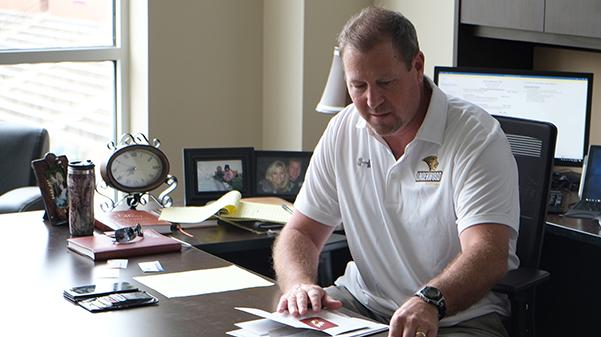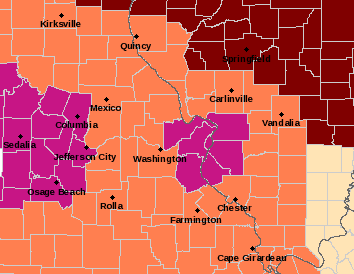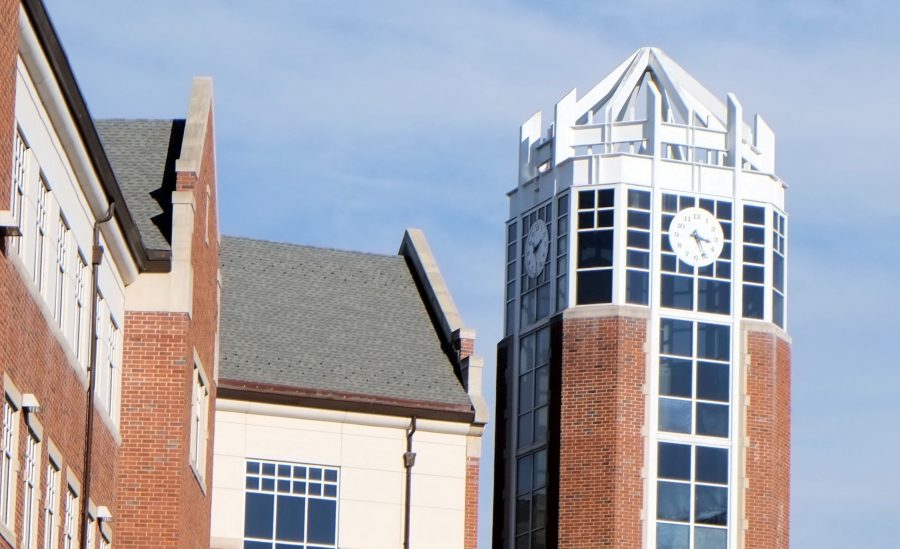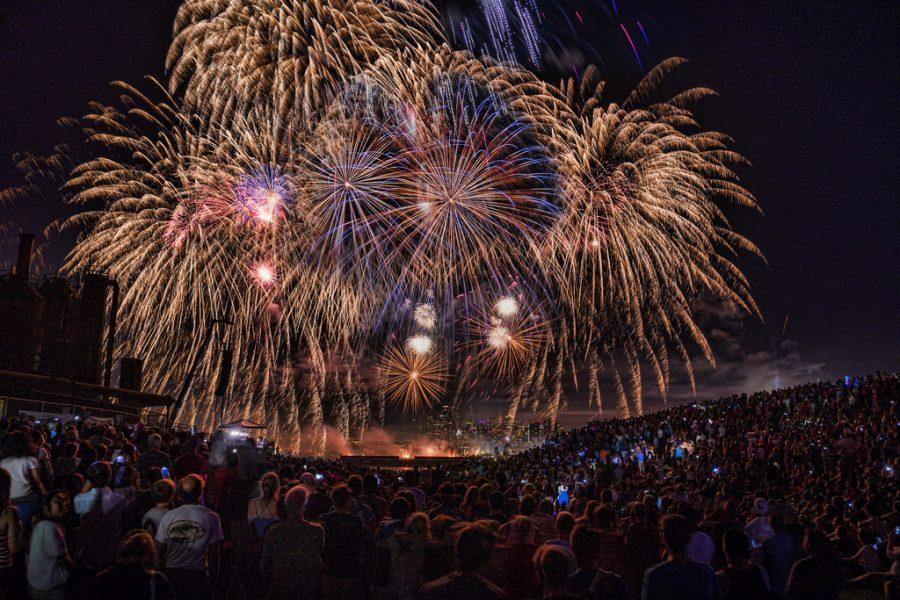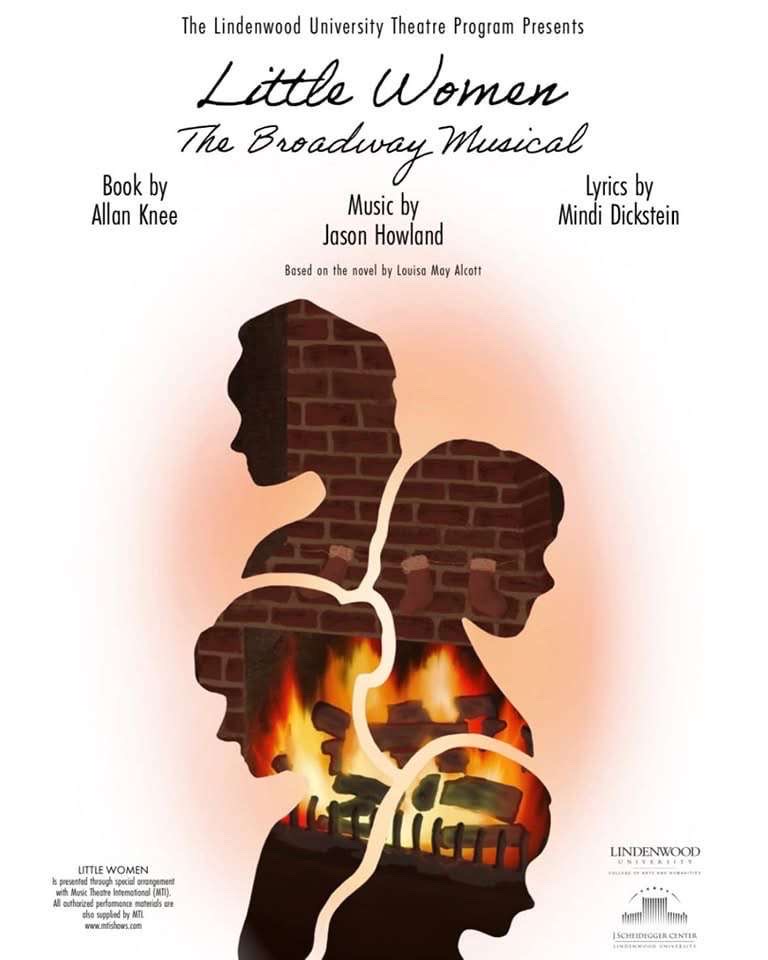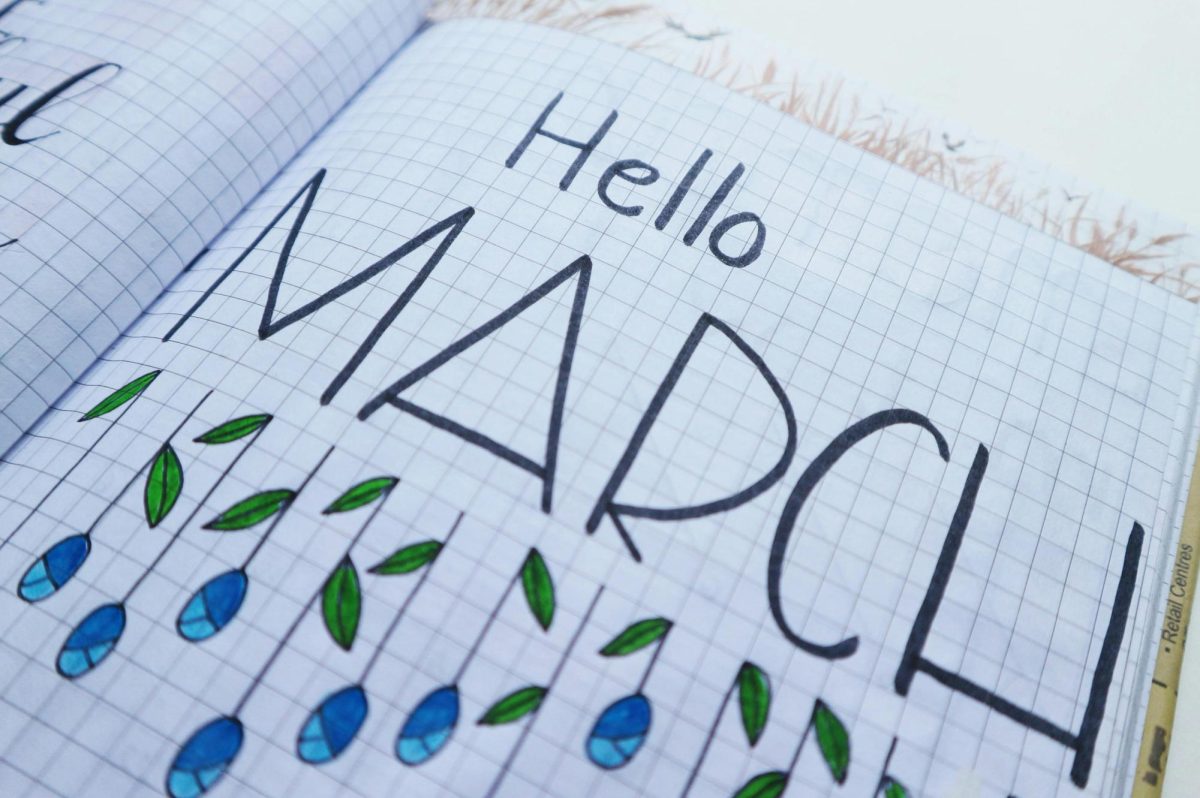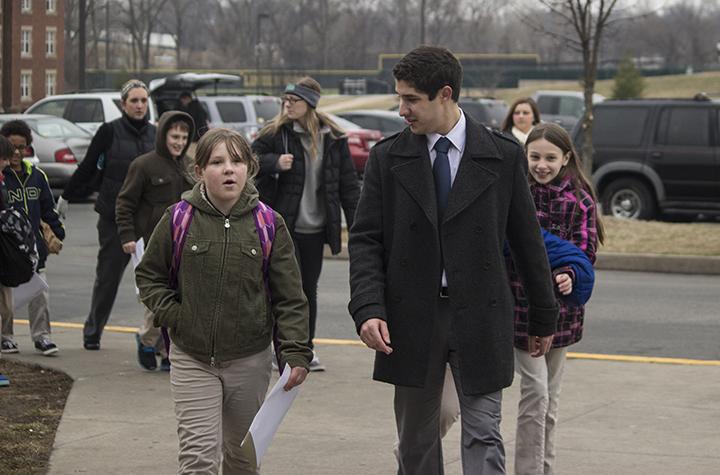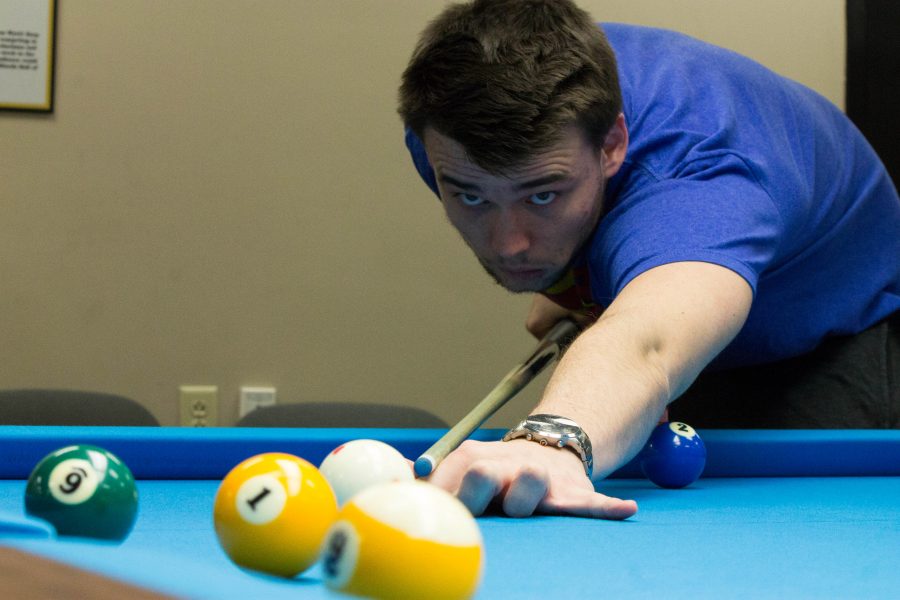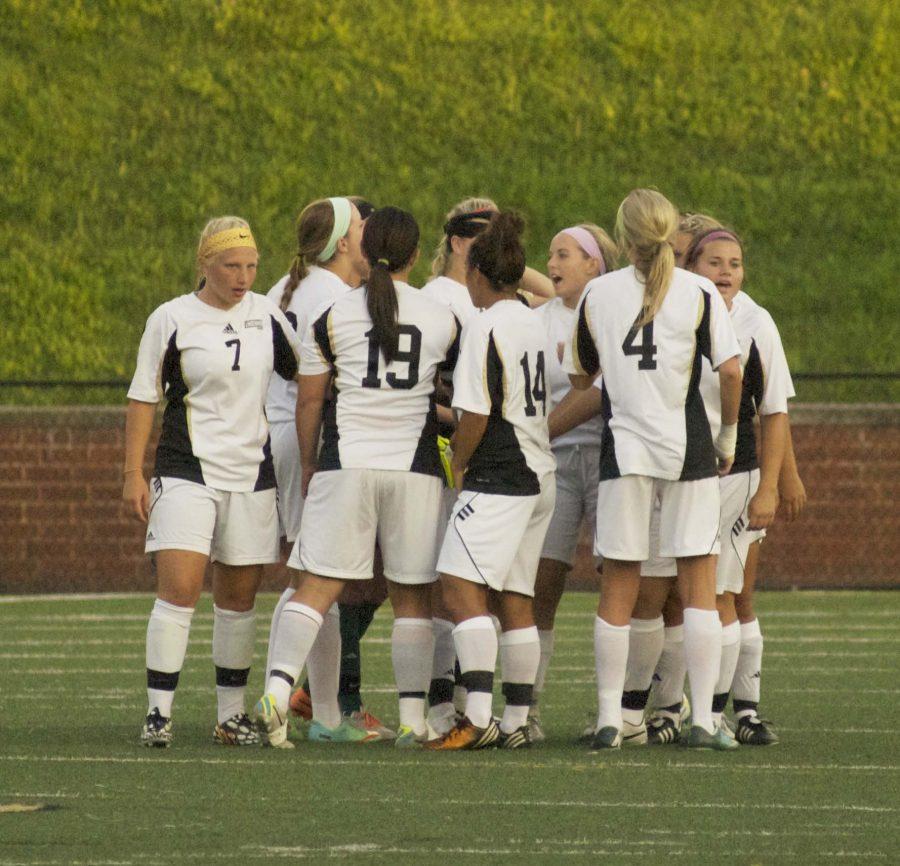By Kelsey Rogers | Staff Reporter
Missouri voters had a chance to select potential presidential candidates in the Missouri presidential primary election held on Tuesday, Feb. 7, and will have a second chance at the caucus election on Saturday, March 17.
Missouri is in a unique position holding both a primary election and a caucus. Alaska, Colorado, Hawaii, Kansas, Maine, Minnesota, Nevada, North Dakota, Wyoming and Iowa hold only a caucus. The rest of the states select candidates through the primary.
The double-vote process was caused due to the new national Republican rules, which stipulate that a state, with the exception of Florida and New Hampshire, will lose half of its delegates if a primary is held before March 6.
Lloyd Smith, the Missouri Republican executive director, told Brian Bondus of KOMU.com that “the primary was already in statute, and we encouraged the legislators to cancel the primary once the National Republican Committee required us to either move it or lose half our delegates.” However, Missouri law states that a presidential primary must be held on the first Tuesday after the first Monday in February.
Rep. Sue Enticher of Missouri’s 133rd district explained to Linda Fuerst of BolivarMoNews.com, “Due to certain circumstances, we have to have both (the election and the caucus). It’s true, the election outcome is non-binding. But the caucus will get the election results, and that will let them know how the people feel. I don’t know that it will sway the decision of the delegates, but it will be available to them.”
Missouri legislators attempted to pass a bill that would bar the primary, but Governor Nixon vetoed it, citing other provisions included in the bill, according to KOMU.com. Legislators attempted again to override the primary during a special session.
However, the primary was held up in the senate after a deadlocked 16-16 vote.
The primary was open to all registered voters. Voting is done through a secret ballot, and voters can choose among all registered candidates, regardless of party and political affiliation. Write-ins are also counted on the ballot. The results will determine the delegate configuration at each party’s national conventions.
The Democrats candidates on the ballot are not exclusive to Obama. Other candidates on the primary ballot are listed on stlelections.com as: Randall Terry, Darcy G. Richardson, John Wolfe, with an uncommitted option.
Republican primary candidates, according to stlelections.com include: Mitt Romney,
Herman Cain, Gary Johnson, Michael J. Meehan, Rick Perry, Keith Drummond, Jon Huntsman, Michele Bachmann, Rick Santorum, Ron Paul, with an uncommitted option.
The caucus date and time for the Republican party is set for Mar. 17 at 10 a.m.
The caucus areas have to file the time, date and location with the Missouri Republican party by Feb. 27. A caucus will be held at each of Missouri’s 114 Districts and the city of St. Louis. Any registered voter can vote for a Republican candidate of their choosing, so long as they claim to be Republican.
The voters will be split into either raising hands or breaking off into groups to show support for a Presidential candidate. Undecided voters will be split into their own group, where candidate supporters will try to sway their vote.
Voters are invited to give speeches to show candidate support and to try to get others to join their group. At the end of the caucus, the voters in each candidate group will be counted to determine how many delegates each candidate won.





